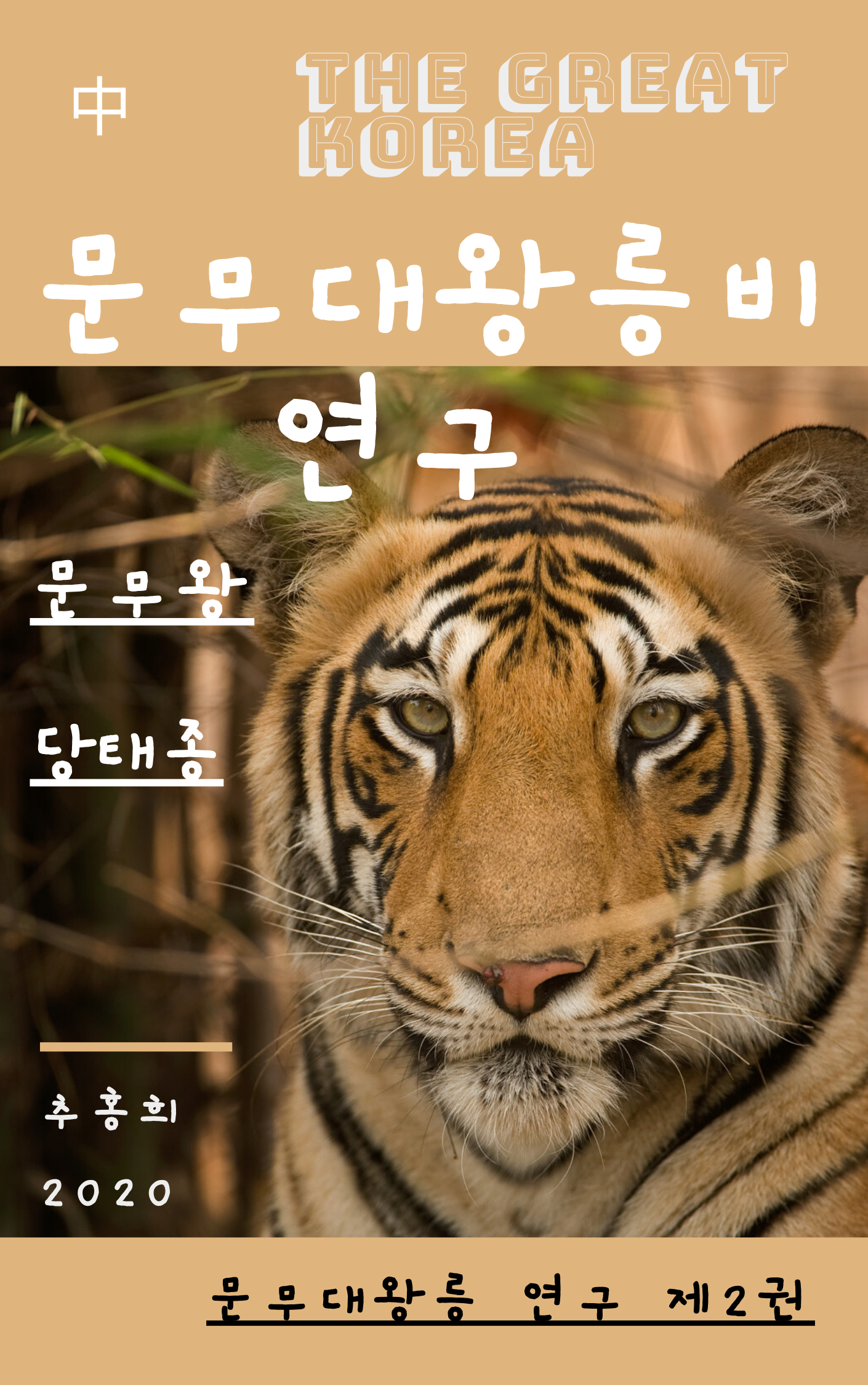I. 리서치 조사 연구 원칙, 방법론, 연구성과 사회 공헌도
리서치의 개념과 연구 윤리 책임
조사연구란 체계적인 학문과 사고작용, 관찰과 실험을 통해 습득되는 지식을 탐구하는 것을 말한다. 각방면의 학문마다 방법론은 다를 수 있으나 모든 학문은 우리 인류 자신과 사람들이 살아가는 세상에 대한 이해를 증진시키고자 하는 동기와 목표를 공유하고 있다.[1] 조사연구는 모두가 소유하는 공동 기업의 작업과 같으며, 교육기관과 기업체 또는 다른 유형의 단체에서 수행된다. 조사연구는 직간접적으로 협력과 공동작업이 수반되므로 사회적 정치적 문화적 경계를 뛰어넘는 경우가 흔하다. 연구영역과 문제제기를 정하고 이론을 수립하고 실제적 증거를 수집하고 적합한 방법론을 고안하는 학문의 자유가 조사연구의 토대이다.[2] 이 책을 완성한 저자는 학문의 자유와 그에 따른 제반 책임과 의무를 무한적으로 부담하고 있다. 언제 어디서나 무엇이거나 어떠한 거짓을 말해서는 아니된다는 직업적 의무를 무한적으로 부담하고 있을 뿐만 아니라 저자로서의 일반적이고 특별한 의무까지를 부담하고 있음을 분명하게 인식하고 있다. 학문적 성과에 요구되는 믿음성 신뢰성 진실성 정직성 엄격성 성실성 도덕성 타당성 시의적절성 합리적합성 확실성 객관성 적용가능성 등의 제반 연구 기준과 평가 기준 또 이러한 책임과 의무를 다하는데 있어서 참조하고 바탕으로 삼은 수칙은 열거된 다음의 자료들이다. 이 “역사혁명”을 쓰는데 있어서 관련 사료의 수집과 분석에 있어서 학문적 연구 기준을 적용하는 연구자의 기초적 자세를 흐트리지 않도록 최선의 노력을 다했다. 데이터 자료 수집과 분석으로 계량적 결과를 얻어낼 수 있는 양적 연구, 또 그것과는 다른 예컨대 인터뷰나 외부 관찰을 통한 질적 연구(qualitative research) 방법론을 적용한 결과물이 아니더라도 관련 사료의 수집과 분석에 있어서 요구되는 연구자의 기초적인 의무를 다하는데 심혈을 쏟았으며 이를 위해서 다음 각주의 문헌 자료와 논문들을 참조하였다.[3]
[1] Research is the quest for knowledge obtained through systematic study and thinking, observation and experimentation. While different disciplines may use different approaches, they each share the motivation to increase our understanding of ourselves and the world in which we live. Therefore, "The European Code of Conduct for Research Integrity" applies to research in all scientific and scholarly fields.
[2] Research is a common enterprise, carried out in academic, industry and other settings. It involves collaboration, direct or indirect, which often transcends social, political and cultural boundaries. It is underpinned by freedom to define research questions and develop theories, gather empirical evidence and employ appropriate methods.
[3] The Council of the British Educational Research Association (BERA), “Ethical Guidelines for Educational Research”, fourth edition, 2018, at https://www.bera.ac.uk/publication/ethical-guidelines-for-educational-research-2018.
ALLEA, European Code of Conduct for Research Integrity, 2017, at https://www.allea.org/wp-content/uploads/2017/05/ALLEA-European-Code-of-Conduct-for-Research-Integrity-2017.pdf.
British Educational Research Association, “BERA Handbook: Member Code of Conduct”, London. 2017 at https://www.bera.ac.uk/about/bera-handbook.
Academy of Social Sciences, “Five Ethics Principles for Social Science Research”, London, 2015. at https://www.acss.org.uk/wp-content/uploads/2016/06/5-Ethics-Principles-for-Social-Science-Research-Flyer.pdf.
Tracy, S. J., “Qualitative quality: eight ‘big-tent’ criteria for excellent qualitative research”, Qualitative inquiry, 16, (2010) at 837-851.
RAND, “Standards for High-Quality Research and Analysis”, 2015, at https://www.rand.org/pubs/corporate_pubs/CP413-2015-05.html.
'문무대왕릉비 연구-제4권-역사혁명' 카테고리의 다른 글
| 연구 방법론 (0) | 2025.04.17 |
|---|---|
| 지적 독립성 (0) | 2025.04.17 |
| 왜 많은 사람들이 창의적인 자신만의 생각을 해내지 못할까 (0) | 2025.04.17 |
| 탐구 학습 교육 방법론과 소크라테스 질문법 (1) | 2025.04.17 |
| 역사 교육 방법론의 부실 (0) | 2025.04.17 |
